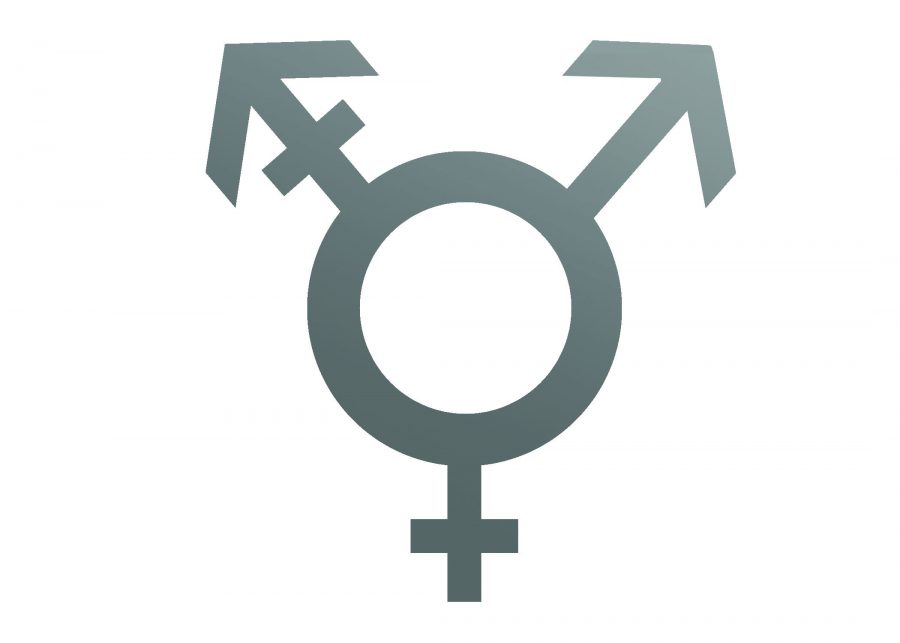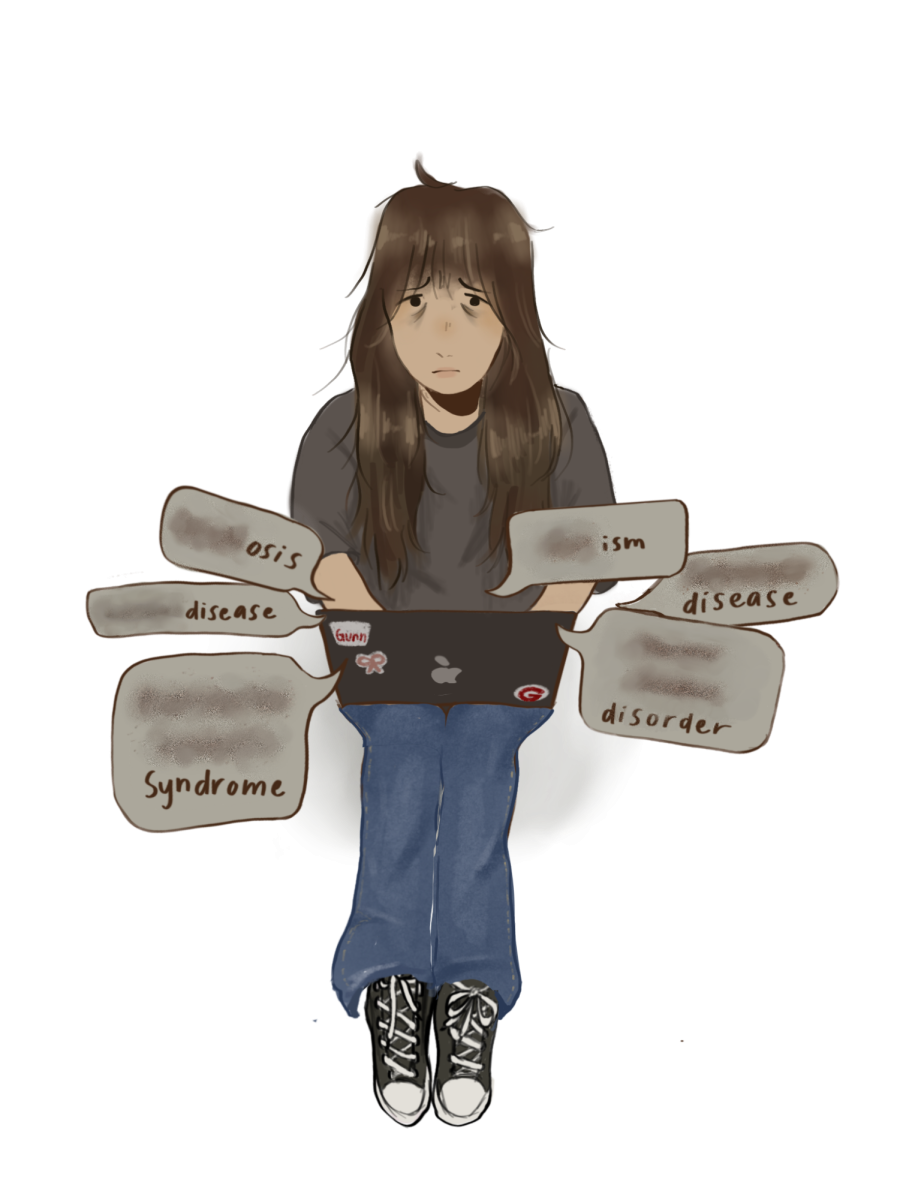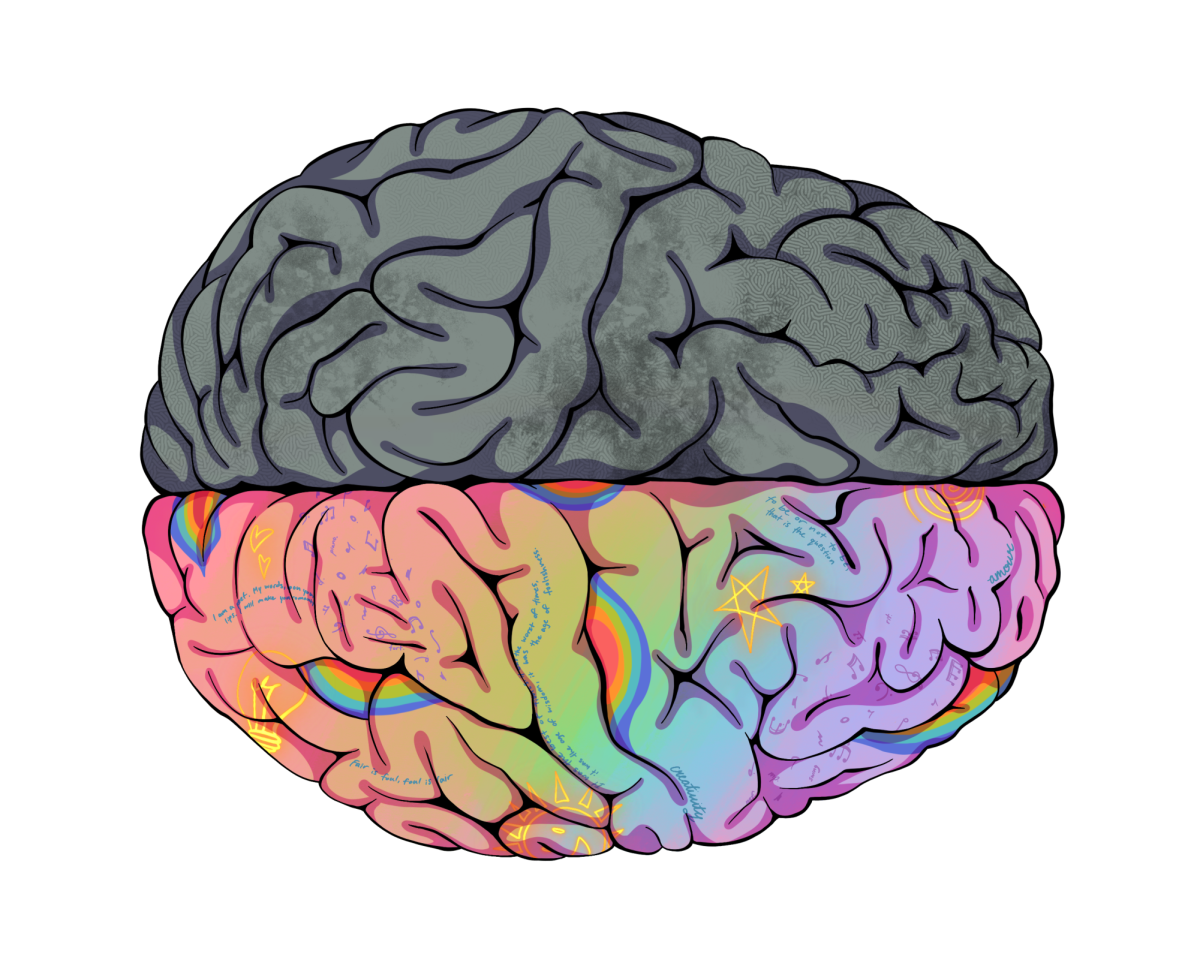Written by Shagun Khare
Published in the November 6, 2015 issue
Acceptance and compassion are attributes that our community strives to achieve here at Gunn. Yet, strive as we might, ensuring that these attributes are extended to all members of our community is a task much more complex than it seems on the surface. It involves a multitude of challenges—breaking down stigmas, dispelling stereotypes and instituting policy changes. It can take months, if not years, before any concrete change begins to take place. Recently, however, a small, but significant step toward fulfilling this task was made when the Palo Alto Unified School District (PAUSD) reviewed a new gender identity policy aiming to spread acceptance of transgender and gender-nonconforming students on campus.
If instituted, the new policy would require teachers, faculty and classmates to refer to students with their preferred pronoun and would take comprehensive measures to support and protect students throughout their transitions. For example, the policy asserts that if a student discloses their “transgender or gender-nonconforming status” to a teacher, that teacher should only share the information with other staff if the student gives them consent to do so. It also assigns transgender and non-conforming students a special coordinator who would help students smoothly navigate through their transition and make those students aware of a school site employee who would be available to help if they are having problems during or after their transition.
At Gunn, and in most of society, we encounter cisgender people—those who identify as the sex which they were assigned at birth—almost exclusively, and therefore lack an understanding of those who do not fall under conventional gender labels. Due to this lack of understanding, students might be hesitant to talk to, or even be hostile toward their LGBTQ+ peers. Being inhibited by cisnormative boundaries and fallacious expectations, transgender and gender-nonconforming students are inevitably placed into positions of adversity, which can have severe repercussions. According to the National Transgender Discrimination Survey, over 40 percent of transgender people attempt suicide, compared to about four percent of all people nationwide. If a transgender person is harassed at school, that number increases to 54 percent, and if they suffer from physical violence at school, that number rises further to 78 percent. Therefore, if they are effectively put into practice, these measures are bound to have a significant, positive effect on transgender and gender-nonconforming students.
By ensuring that students are referred to by their preferred pronouns, the district will aid in making students more comfortable with their transitions by allowing them to feel that their identity and presence is worthy of acknowledgement and acceptance. Additionally, given that young transgender students can be especially susceptible to mental health issues, providing students with a special coordinator can help students seek help in situations where they might feel vulnerable or threatened, a security that is vital to maintaining mental stability and wellness.
However, while the new gender-identity policy could certainly be beneficial, there are still more changes that need to be considered to further increase acceptance of transgender and gender-nonconforming students in PAUSD. Teachers, for instance, should be conscious of how to communicate with their classes about a student’s transition and preferred pronoun, while also understanding how to handle situations in which a student is transitioning during school. This could occur through workshops or sessions between LGBTQ+ organizations and staff. Students themselves should also have a broader understanding of transgender and gender-nonconforming students, which can occur by increasing visibility of those students and raising awareness of LGBTQ+ issues through school organizations such as the Gender & Sexuality Alliance club.
It is clear that the new gender-identity policy is a step toward instituting the ideals of equality and support by which Gunn defines itself. Prioritizing student safety and mental wellness will allow Gunn to foster an environment in which all students, regardless of their label, will be able to thrive and succeed. And by offering hope and help to students when they need it most, Gunn will emerge as a happier and healthier community that can one day truly earn the badges of acceptance and compassion we so diligently strive for.













Othman Akel • Feb 10, 2020 at 12:38 pm
Really great piece! Speak your power!!!!